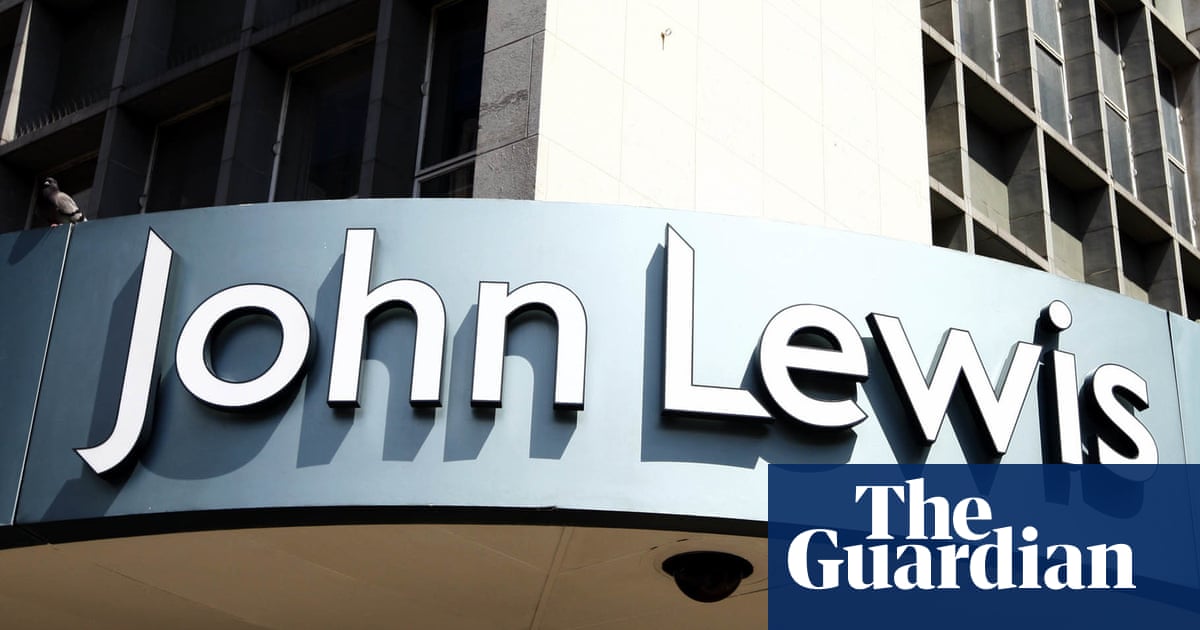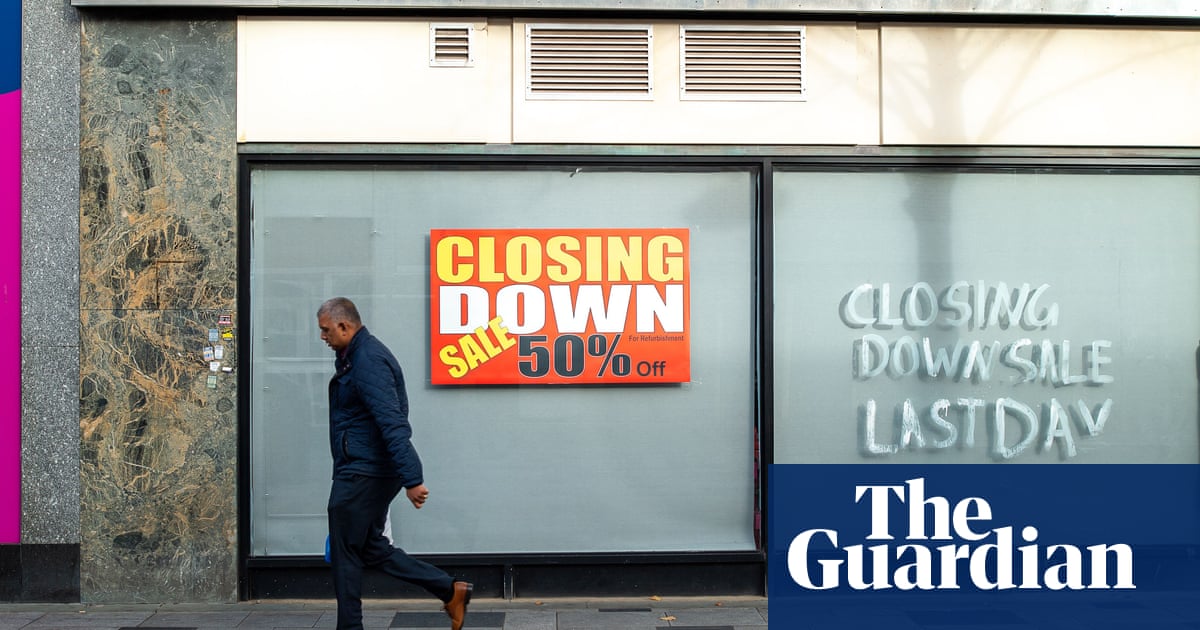
Sharon White, the chair of the British retailer John Lewis Partnership, plans to step down in February 2025 at the end of her five-year term.
White has asked the board of John Lewis – Britain’s biggest department store chain, which also operates Waitrose supermarkets – to start looking for a successor as she will not seek a second term. She will not receive a payoff from her near-£1.1m a year role.
Her resignation makes White the shortest serving chair in JLP’s history, according to the BBC, which first reported her planned exit.
She has also requested a review of the chair’s accountabilities, including the relationship between the new chair and the chief executive, to ensure they continue to support a turnaround plan.
White said: “Having led the partnership through the pandemic and the worst of the cost of living crisis, it is important that there is now a smooth and orderly succession process and handover.
“The partnership is making progress in its modernisation and transformation with improving results. There is a long road ahead and I am committed to handing on the strongest possible partnership to my successor.”
She said chairing John Lewis was “a special and unique role in UK business” with responsibilities for the “long-term health” of the group’s staff-owned model, which aimed for “commercial success twinned with a commitment to first-rate customer service and action in our communities”.
White’s decision to step down comes after she announced last month that the group’s turnaround would take two years longer than planned and cost more money after reporting a loss for the most recent six months. John Lewis ditched its annual staff bonus for the second time in three years in March after the group slumped to a worse-than-expected £230m full-year loss.
Her tenure has been mired in controversy including a reported plan to dilute its employee-owned mutual model by selling a stake in the business to raise more than £1bn, which was shelved after she narrowly won a vote of confidence in which staff backed her to continue but expressed dismay at the retailer’s poor performance.
White joined just after an ill-starred management reorganisation that led to the departure of the boss of Waitrose and the department stores, forcing her to make new hires during the pandemic. Pippa Wicks, the former Co-op executive who White hired to lead the department stores, abruptly left in February.
White’s lack of retail experience has been seen as partly to blame for a stint of poor performance at Waitrose, which suffered from a mix of IT problems and a failure to cut prices quickly enough when the cost of living crisis hit. An economist by training, White was head of the communications regulator Ofcom and was senior civil servant at the Treasury before joining the retailer.
The independent retail analyst Nick Bubb said White’s replacement “had to be an experienced retailer given the weighting of the business”, adding: “Despite the recent revival at Waitrose, the John Lewis department stores business is clearly struggling and White’s commercial instincts were not proven.”
He said White’s focus “beyond the core of the business” – including a shift into building homes for rent above Waitrose stores and expanding the finance arm – appeared to have been misplaced.
“With the managing directors [of Waitrose and John Lewis department stores] now weaker a lot rested on the commercial acumen of Sharon White and the evidence is she has been found wanting. It was tough during the pandemic, but that didn’t stop Marks & Spencer from bouncing back,” Bubb said.
He said the likes of the former Waitrose boss Mark Price, the former Sainsbury’s boss Justin King or the former Tesco boss Dave Lewis might be appropriate candidates given their experience in food retail.
Zoe Mills, the lead retail analyst at GlobalData, said White had “faced unprecedented challenges” including the Covid pandemic, but her time had also been “marred by controversy” including the discussions of ending employee ownership.
“It was a spectacularly ill-judged move that damaged her credibility with partners,” Mills said. “White does not leave on a high. For whoever takes over the position in early 2025, they will face significant challenges.”
“White oversaw the removal of the ‘Never Knowingly Undersold’ price promise but failed to replace it with anything meaningful. The implementation of its Anyday range has been successful to some degree in enabling customers to trade down within the store as the cost of living crisis hit, but [John Lewis] has noticeably reduced marketing of the brand over the last year, indicating that it may have damaged quality perceptions of the retailer.”












